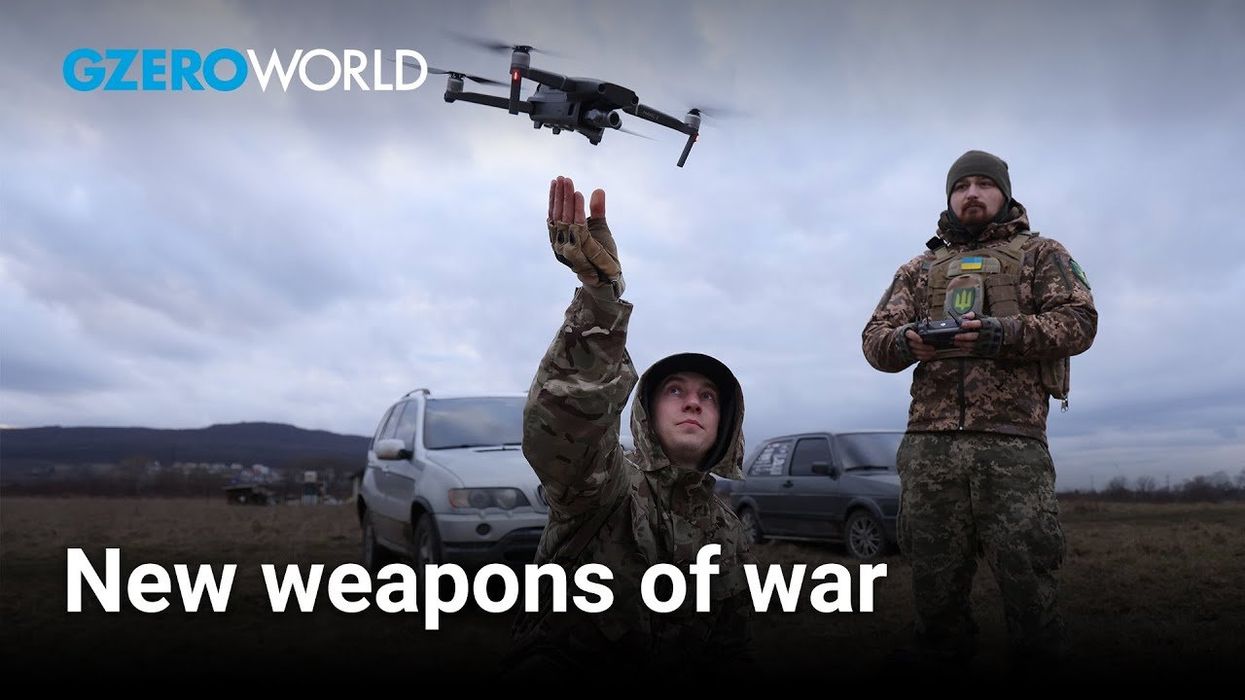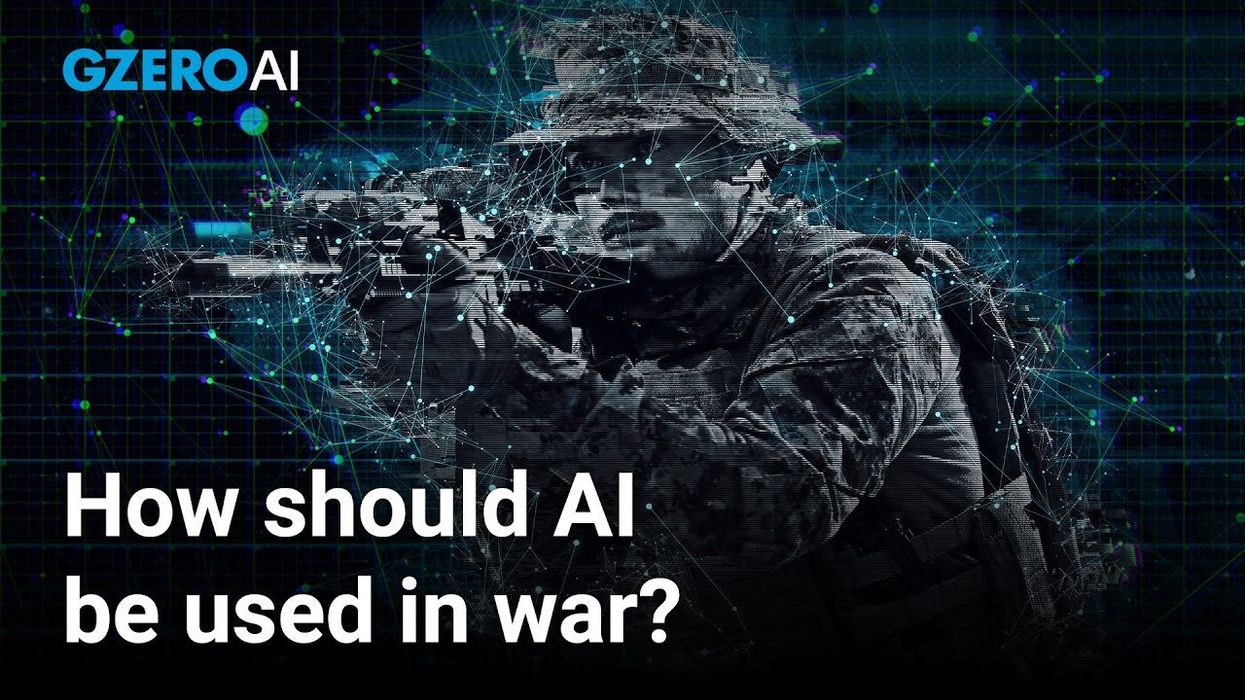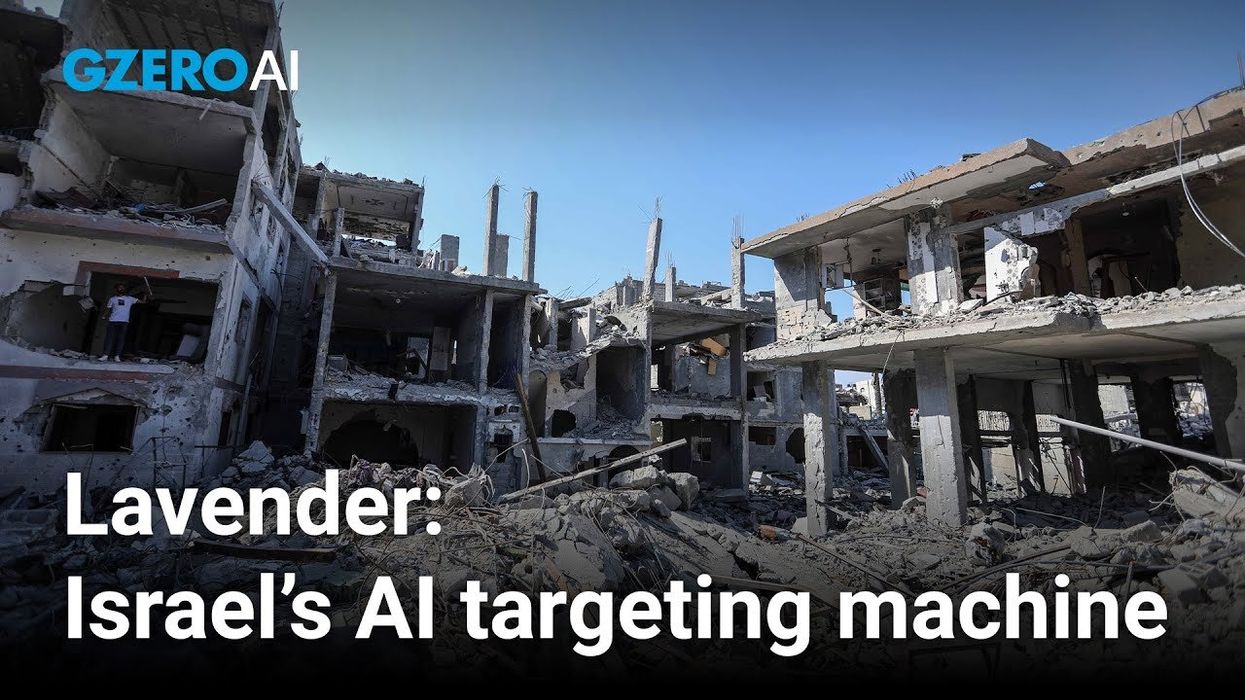GZERO Reports
Ukraine's military technology could benefit all of Europe — Deputy Minister Anna Gvozdiar
At the start of Russia’s full-scale invasion, Ukraine was already punching above its weight in technology—having one of the most powerful IT hubs and digitized governments in the world. Now, three years into the war, tech innovation in Ukraine has become a battlefield advantage, one that Anna Gvozdiar, Deputy Minister for Strategic Industries, says could benefit all of Europe.
Feb 21, 2025





